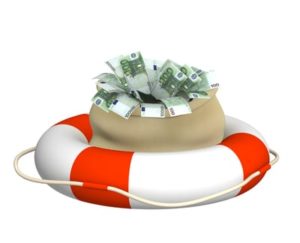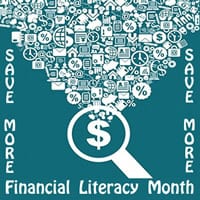I cannot imagine an easier way to plan meals than being a part of a CSA. This was a huge incentive towards simplify our lives.
For us, we get an email two days before the pick up of the items of the week. This gives me time to shop for groceries, check out new recipes and plan the weeks meals. This m akes my life easier as it takes the guess work out of what’s for dinner and as an added bonus gives us plenty to take for lunch and snacks.
akes my life easier as it takes the guess work out of what’s for dinner and as an added bonus gives us plenty to take for lunch and snacks.
I am able to plan the week based on the CSA items and sales / specials from the local grocery store. This is a big money saver for us.
No more, saying what’s for dinner and ordering take out. This not only helps our budget, but it’s a time saver too. For most people, food (groceries, eating out, take out, beverages, etc.) is the biggest part of your budget. Meal planning helps us to plug the holes in the budget easily.
 ar I took it a step further to simplify my life. We joined a CSA (Community Supported Agriculture) co-op. You pay a fee to the farmer upfront and you get a share of the crops. Not only are you helping local farmers, but you gain from this.
ar I took it a step further to simplify my life. We joined a CSA (Community Supported Agriculture) co-op. You pay a fee to the farmer upfront and you get a share of the crops. Not only are you helping local farmers, but you gain from this.
 We unplug the computer and accessories when we are not using them. We have cleaned the back of the fridge to make it run more efficiently. We are doing air drying with the dishwasher cycle. We wash as much laundry as possible in cold water.
We unplug the computer and accessories when we are not using them. We have cleaned the back of the fridge to make it run more efficiently. We are doing air drying with the dishwasher cycle. We wash as much laundry as possible in cold water.

